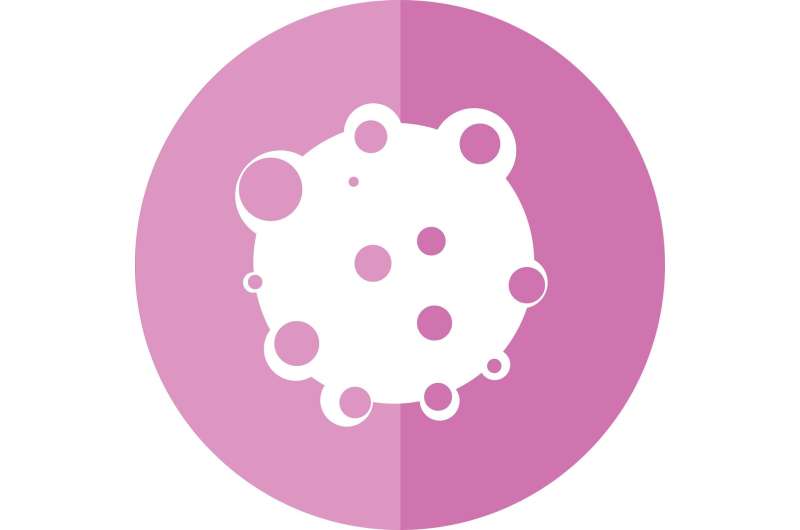Study demonstrates efficacy of new treatment for neurofibromatosis type 1-related tumors


Based on preclinical studies of an investigational drug to treat peripheral nerve tumors, researchers at Children’s Hospital of Philadelphia (CHOP) as part of the Neurofibromatosis Clinical Trials Consortium have shown that the drug, cabozantinib, reduces tumor volume and pain in patients with the genetic disorder neurofibromatosis type 1 (NF1). The results of the Phase 2 clinical trial, co-chaired by Michael J. Fisher, MD at CHOP, were published recently in Nature Medicine.
“This is the second class of drugs to demonstrate a very promising response rate for NF1 patients with these tumors,” said first author Fisher, Chief of the Section of Neuro-Oncology and Director of the Neurofibromatosis Program at CHOP, and Group Chair for the NF Clinical Trials Consortium, which includes 25 sites developing innovative biologically-based clinical trials for complications of NF. “Collectively, the data presented in this study illustrate a true bench-to-bedside approach, coordinating translational and clinical efforts to advance targeted therapies for a rare disease like NF1.”
NF1 is a rare tumor predisposition syndrome, affecting approximately 1 in 3000 people worldwide. The condition involves the proliferation of tumors throughout the central and peripheral nervous system. One of the most prevalent type of tumors in NF1 are plexiform neurofibromas (PN), multicellular tumors composed of tumorigenic Schwann cells, fibroblasts, perineural cells, macrophages, mast cells, and secreted collagen. The tumors arise within nerves, affect up to half of patients with NF1, grow rapidly during childhood, and can lead to motor and sensory dysfunction, pain, and disfigurement. When the tumors impinge on vital structures like the airway or the spinal cord, they can be life-threatening, and although the tumors are not malignant, they can become so over time.
Because chemotherapy and radiation are ineffective at treating these tumors, surgery is the current standard of care. However, given that the tumors can be intertwined with nerves and other vital structures, surgery is often not possible. Recent studies have shown that a MEK inhibitor called selumetinib can be an effective treatment in some children with NF1-related PNs, but not all patients respond to this treatment, so there is a need for more treatment options.
Based on preclinical studies of cabozantinib, a tyrosine kinase inhibitor that targets both the tumorigenic Schwann cells in PNs as well as the complex tumor microenvironment, the researchers enrolled patients in a single arm, multicenter Phase 2 clinical trial. Twenty-three patients between the ages of 16 and 34 enrolled in the trial; twenty-one were evaluable for drug toxicity and 19 were evaluable for their response to the treatment. Of the 19 patients studied for response, eight (42%) had a partial response, defined as having greater than a 20% decrease in tumor volume, and 11 had stable disease after 12 rounds of treatment. No patient had disease progression while participating in the trial. The eight patients who had a partial response to treatment also reported a significant reduction in tumor pain intensity and pain interference in daily life.
Patients enrolled in the trial reported several adverse events, including diarrhea, nausea, asymptomatic hypothyroidism, fatigue, and palmar plantar erythrodysesthesia, a condition that causes redness, swelling, and pain on the palms of the hands and/or the soles of the feet. However, none of the side effects were reported as being severe.
Based on the benefit of cabozantinib demonstrated in this study, the NF Clinical Trials Consortium opened a pediatric cohort as well, enrolling patients ages 3 to 15. Enrollment is complete, and the study is ongoing.
Source: Read Full Article